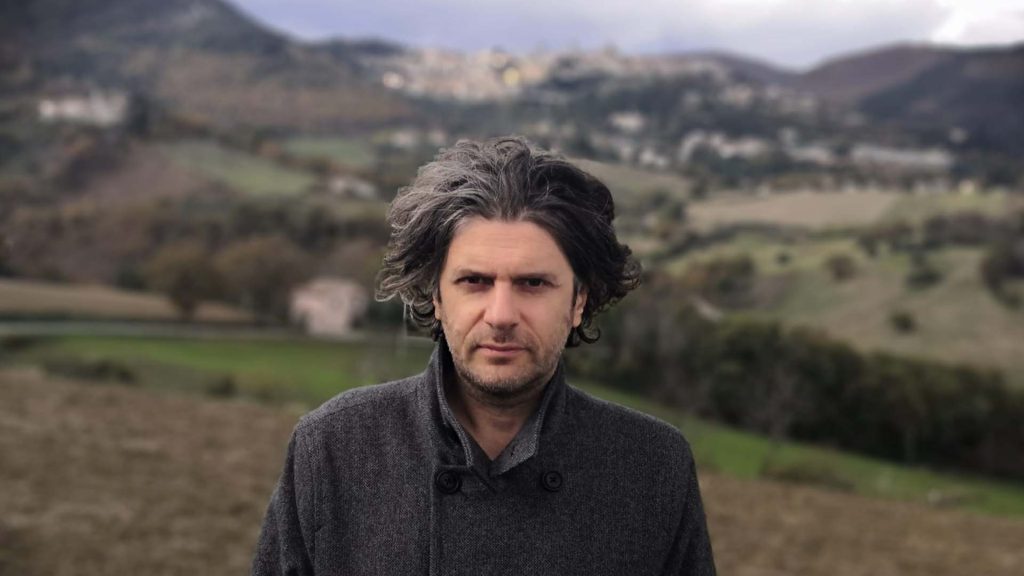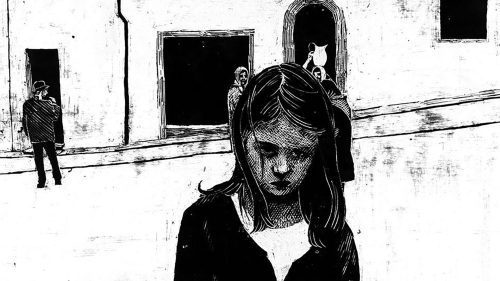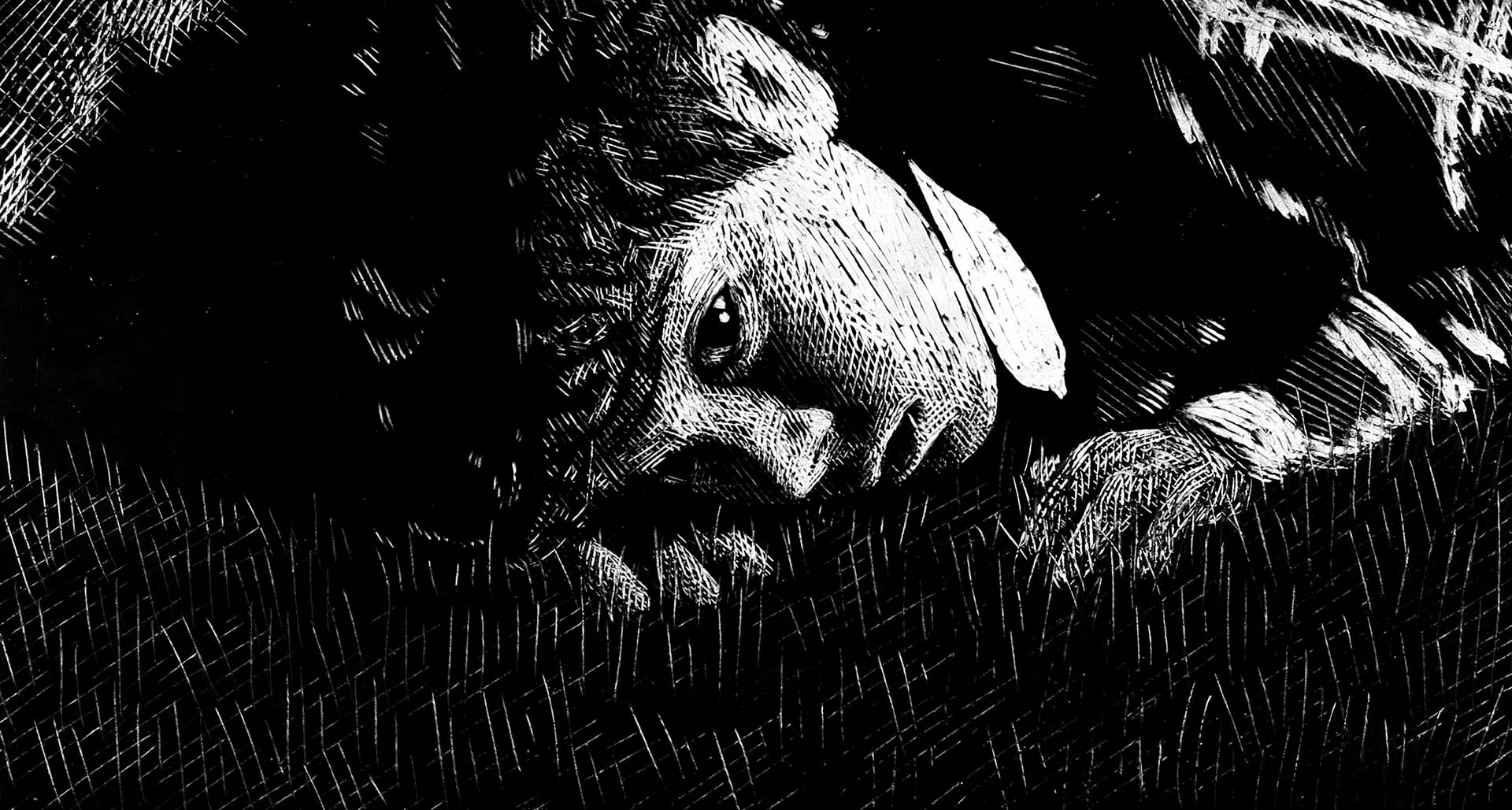
Master of stop-motion animation Simone Massi was the author of the official title card for the Venice Film Festival screenings from 2012 to 2016, and in 2022 he presented Out of Competition the two short films A guerra finita and In quanto a noi. Today, Massi returns to Orizzonti with his first feature film, Invelle, a tale of the Italian twentieth century as seen through the eyes of three children.
Why three different time planes?
I’ll start by saying that, as an author, I don’t use an established workflow. I often build on vague ideas, memories of images or sound that then give life to my stories, and the reasons why this happens I cannot fathom. The three segments of my stories were quite clear since the beginning, as was clear that the thread tying the film together would have been the story of this family that, generation after generation, walks through history proper. This family will find itself changed with the time that passed.
The essential element in these three temporal perspectives is school. We start with a protagonist who is illiterate, then we see a second girl who was able to attend the first two grades of primary school, and the third generation is one for whom school is an ordinary part of childhood.

Set in three different historical moments, Invelle is the story of 20th-century Italy seen through the eyes of three children: Zelinda, Assunta, and Icaro. Zelinda’s mother died of the Spanish flu during World War I while her father was on the front lines. In additi...
War shows up in many of your works. How did you integrate it in Invelle?
War had to be present, though I paid attention to treat the subject respectfully and truthfully. War is not supposed to identify with a uniform, with threatening orders that’ll make your skin crawl, but rather with something we felt while listening to other people talking, maybe in half-truths. The stories I had been told gave such a clear presence of fear, fear of speaking out loud even while in your own home. I never worked with dialogues, so I chose to use conversations that live and die in the matter of seconds, likely just whispered, often interrupted mid-sentence because something more urgent just happened. I am talking of a war that is distance, up to the point those figures camped in the distance won’t burst into your home.
From short film to feature-length. What new opportunities, and what complications?
It felt like switching form a haiku to a novel. We had plenty complications, and it took a while to find the right workflow. By working on my film, what’s been hardest was to conceive each scene as a short film in itself, and keeping the whole film together with a single thread, an articulated screenplay, which is something I hadn’t worked with before. Feature-length films forced me – and I did welcome this – to test myself on a deeper level of writing, which turned out to be a daydream. It was high time I tried something new, something different.

You picked your voice cast from the A-list of Italian cinema?
Both for me and for producers, it was obvious that the film was going to be voiced in my local dialect, in central Italy. We did involve locale people, even my own family – people who know the dialect well. At the same time, some characters spoke standard Italian. We did a trick, alright, and I must admit I didn’t expect it to come out so well. The voice cast raises the quality level of the film to unprecedented levels. These artists believed wholly in my project, they didn’t even ask to read the screenplay. If I was a prideful person, I would fly my own flag out here at Lido! I won’t do that, but I cannot hide how satisfied I am, as a professional and as a person.